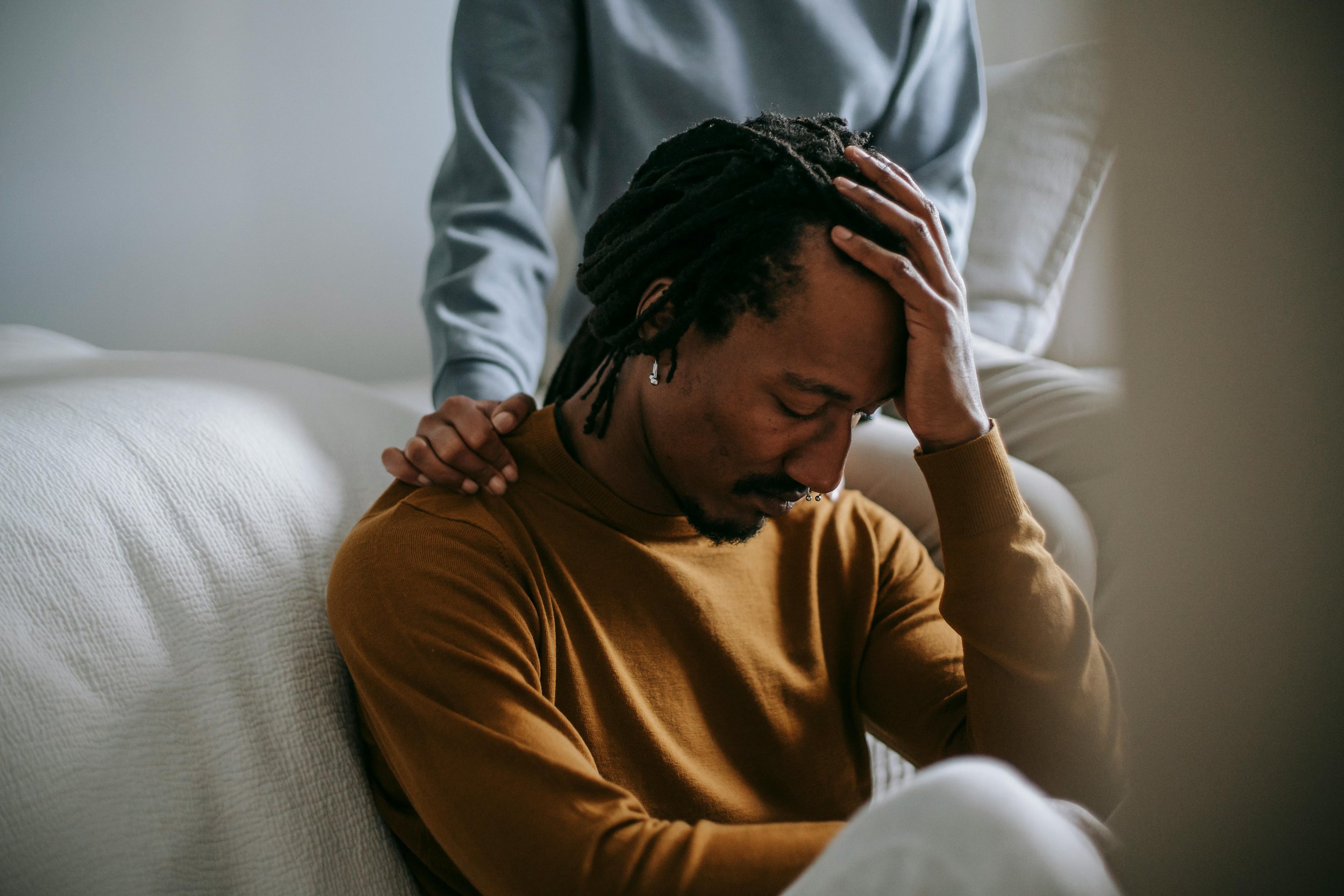
Online Grief Counseling
A Better Way: The Book
/
Eleanor Brown Counseling
/
A Better Way: The Podcast
/
A Better Way: The Book / Eleanor Brown Counseling / A Better Way: The Podcast /
Have you lost a loved one, lost your job, been through a divorce? Has your health deteriorated and you just can seem to get over it? Are you angry with a loved one that you lost? Does your sense of sadness overwhelm you at times? Chances are you are suffering grief which is a natural reaction to loss any type of loss.

You can grieve many things such as the loss of a significant relationship, the loss of a job, the loss of your health, or the death of a loved one (referred to as bereavement). Loss is often unexpected and sudden and can be challenging to cope with. It may stir up a myriad of complex emotions, such as sadness, guilt, anger, or regret, leaving you to wonder how to navigate your life.
There is no recipe that prepares you to grieve and there is no “one” way to grieve. As time passes, you may come to terms with your loss and learn to cope in your own way. However, when you struggle with grief for prolonged periods of time without improvement, it can interfere with your daily life and may even develop into a persistent form of grief known as “complicated grief”.
Experiencing these symptoms may leave you with feelings of incompetence, worthlessness, or shame. These feelings may be accompanied by an inner critic who is extremely busy telling you all the things you could have done better or different. Many times you are left feeling hopeless, alone, and isolated feeling like things could never get any better. When you are feeling high levels of anxiety, it often becomes like a negative feedback loop, the more you try to stop having those feelings, the more you berate yourself for having them, which increases your level of anxiety!
Living with Grief
How deeply you grieve will be dependent on the circumstances of your loss. The loss of a loved one due to old age, for instance, may likely provoke a different reaction than the premature loss of a child. The loss of a job may elicit a different reaction dependent on the stability of your finances. No one can predict what loss will be more potent than another loss. When you are grieving, that grief may manifest in a variety of ways. You may prefer to mourn alone or you may prefer to be with others and share your feelings. You may focus on solving problems for other people to distract yourself from your feelings or you may choose to communicate and share your feelings.
Denial, anger, bargaining, depression, and acceptance are the 5 stages of dealing with grief that Swiss-American Psychiatrist Elisabeth Kubler-Ross proposed in her book, On Death and Dying.
The first stage, denial, is where you usually struggle to admit your loss.
The second stage, anger, comes when you start to realize the scope of your loss.
It is followed by bargaining, the third stage, where you may try to plead with whoever, or whatever, you can to restore your loss.
The fourth stage, depression, is where you tend to start feeling your loss as you pull inward and allow yourself to feel sad.
The fifth and final stage, acceptance, typically completes the process of grieving; this is where you begin to come to terms with your loss.
Feelings of emptiness and hopelessness
Yearning to be reunited with your lost loved one
Preoccupation with your lost loved one or with the circumstances of his/her death
Difficulty engaging in happy memories of your lost loved one
Avoidance of reminders of your lost loved one
A reduced sense of your identity
Detachment and isolation from your surviving friends and family
Lack of desire to pursue your personal interests or plans




